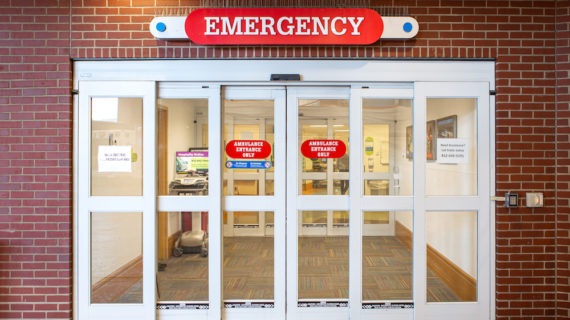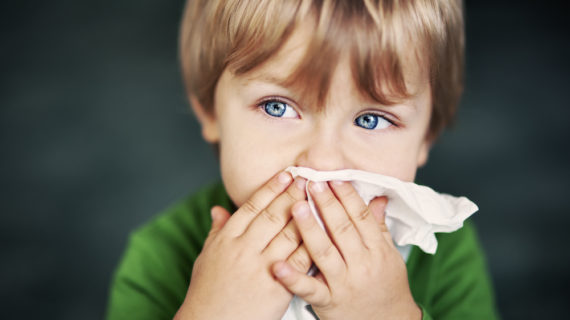
Dreaming of an easy bedtime? Sleep routines can help, says AHN Pediatrics.
Photo above courtesy of AHN Pediatrics via Getty Images.
“I dread bedtime because my kids are always asking for one more story, one more snack, until it’s way too late. How can I get them to sleep on schedule?
“Getting enough sleep is just as important for your child’s health as exercise, diet, and medical care,” said Dr. Jennifer Romero, of AHN Pediatrics. “The whole family should follow a regular sleep schedule for optimal health and functioning.”
Proper sleep supports a healthier immune system, and better behavior, memory, focus, and mental health — leading to happier kids and better performance at school. Sleep deprivation can cause irritability, difficulty concentrating, and long-term health issues such as hypertension, obesity, headaches, and depression.
More hours in dreamland
Children need less sleep as they age. Here are estimates for preschoolers through teens:
· 3 to 5 years: 10 to 13 hours (including naps)
· 6 to 12 years: 9 to 12 hours
· 13 to 18 years: 8 to 10 hours
· Adults: 7 to 9 hours
“After puberty, circadian rhythms shift a few hours later, so teenagers naturally stay up longer and want to sleep in later,” said Dr. Romero. “When you have challenges getting older children to wake up for school, understand that they aren’t battling you, but their own biology. Also, be sure that they aren’t overscheduled with activities that force homework into the late hours of the night.”
Set a routine, keep it going
A gentle, familiar bedtime routine helps young children ease into sleep. Set a lights-out time, and calculate how many minutes you’ll need for a bath, brushing teeth, story, song, hugs, and kisses.
“Keep the routine under an hour, and don’t let your child add activities and delay the inevitable. Avoid the bedtime snack, as late-evening carbohydrates can thwart your efforts,” said Dr. Romero.
“Though it’s tempting to let your kids stay up later and sleep in on weekends, try to stay within an hour of the usual bedtime. Otherwise, they’ll be thrown off schedule, leading to a sleepless Sunday night and groggy Monday morning,” she said.

Fall asleep and stay asleep
When kids get lots of physical activity outside during the day, their bodies are tuned to the natural cycles of light and dark. To promote good sleep at night, experts also suggest these tactics:
· One hour before bedtime, turn off all their screens. The blue light from these devices can make people feel more alert, instead of sleepy.
· Spend this hour doing relaxing activities, such as reading, hobbies, music, or casual conversation.
· Keep bedrooms dark, clean, and quiet.
· Some children respond well to white noise, soft music or nature sounds, or the scents of lavender or chamomile.
· Cooler room temperatures promote sleep and reduce perspiration.
· Try to limit toys to one or two dolls, stuffed animals, or blankets for less clutter in bed.
· Both adults and children should avoid alcohol, caffeine, heavy or spicy foods, and strenuous exercise during the two to four hours before bedtime.
When sleep issues continue
About 15% to 25% of children and teens have trouble falling and staying asleep. “For some children, these are more serious sleep issues,” said Dr. Romero. “If your kids have ongoing difficulties sleeping, you need to work with your doctor to uncover any underlying behavioral or health problems.
“Sleep apnea affects 2% of children and isn’t easily diagnosed,” she said. “If you notice frequent snoring, problems breathing at night, or sleepiness and difficulty paying attention during the day, talk to your pediatrician.”
Do not give your children melatonin or other sleep supplements without talking to your doctor first. While it can be helpful in certain cases over the short term, it can also be dangerous. From 2012 to 2021, there were more than 260,000 child poisoning reports involving melatonin.
Every child is different, so talk to your pediatrician or contact AHN Pediatrics if you have any concerns about your child’s health.








